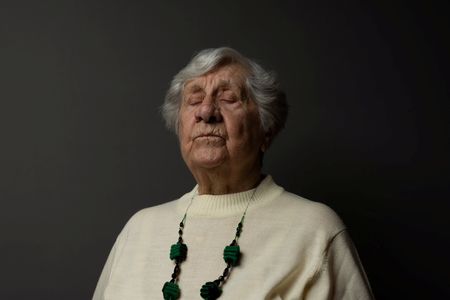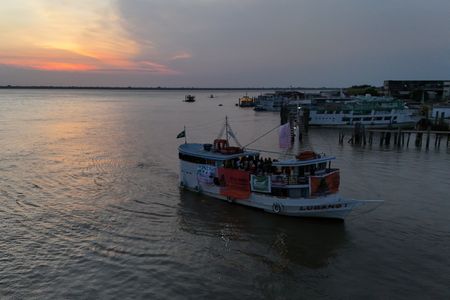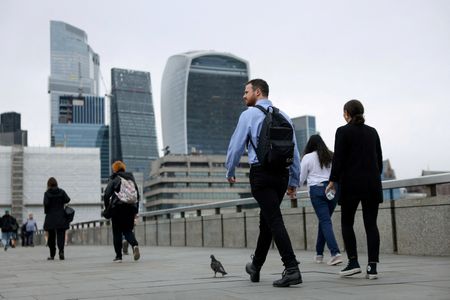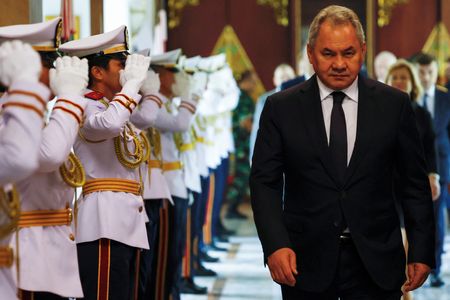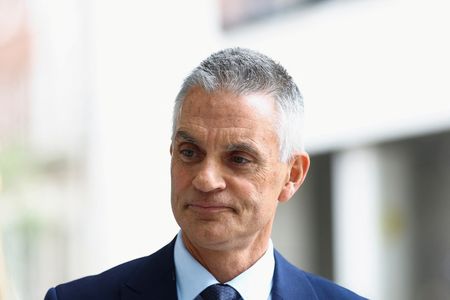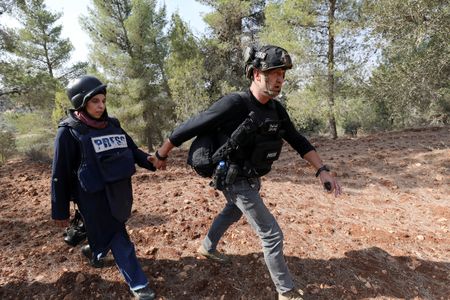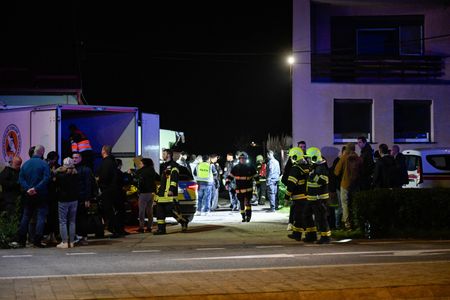By Barbara Erling and Kuba Stezycki
WARSAW/KRAKOW, Poland (Reuters) – When Teresa Regula arrived at Auschwitz as a 16-year-old, the first real pain she experienced was of her ears burning.
“They shaved us down to bare skin, and it was a scorching hot day, August 4… That was the first authentic pain I felt,” said the now 96-year-old Jewish survivor, speaking from her home in Krakow ahead of the 80th anniversary of Auschwitz’s liberation by Soviet troops on Jan. 27.
Her memories illuminate the suffering experienced by the estimated 1.3 million people sent to the Nazi death camp set up in occupied Poland as part of Adolf Hitler’s “Final Solution” to annihilate European Jews. Most Auschwitz inmates perished there.
The Gestapo, Hitler’s secret police, took Regula and her mother from their home in Krakow in 1944 and sent them to the Plaszow camp, where her mother was executed. Teresa was then transported to Auschwitz and given the number 22011.
Once a healthy child, she contracted chickenpox, measles, and scarlet fever in the camp.
What kept her alive was the thought that “my father, who I always believed could do anything, would come and take me out of there”. She later learned that he was mistakenly shot dead by Russian forces when they liberated the Gross Rosen concentration camp in what was then eastern Germany.
“When I returned (from the camp), I thought ‘I’m never going to have children — ever’. If they had to go through even a fraction of what I went through, I didn’t want that,” the retired sociologist said.
Married but childless, Teresa for long decades repressed all memories of her time at Auschwitz. “Now everything comes back to me,” she said.
BURNING BODIES
Janina Iwanska, a Polish Catholic woman sent to Auschwitz at almost the same time as Teresa in 1944, has also remained childless.
“I won’t live much longer. But when I look at the youth and the little ones… what will their future be? I see it as bleak,” the 94-year-old said, citing the “hatred” and divisions in modern society and predicting another war.
Janina, transported to Auschwitz from Warsaw in a freight train, recalled stepping out to the smell of burning bodies. In the camp, she cared for children in the block she lived in, earning rewards like hot milk soup.
“The children were treated differently; they didn’t have to work. They only had to wait patiently – either for their mothers or for the war to end,” she said.
Janina did not witness the liberation of Auschwitz because she was evacuated days earlier by the Germans. She was eventually liberated by U.S. forces on May 2 from the Ravensbruck concentration camp for women in northern Germany.
On Monday the retired pharmacist will return to Auschwitz once again to share her story before an audience that will include Britain’s King Charles, France’s President Emmanuel Macron and numerous other heads of state and government.
(Reporting by Barbara Erling, Kuba Stezycki; Editing by Gareth Jones)

